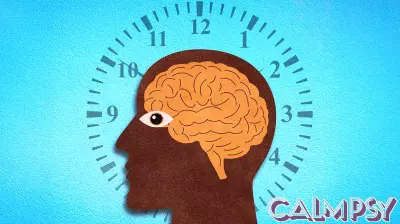The Perception of Self in Photographs: Understanding Common Traits
April 26, 2025 - 05:49

There’s an interesting phenomenon that happens when we look at ourselves in photos. Sometimes, we think we look heavier or less attractive than we actually are. According to psychological studies, individuals who perceive themselves as overweight in pictures often display certain traits that contribute to this distorted self-image.
One common trait is high levels of self-criticism. People who are overly critical of themselves may focus on perceived flaws rather than their overall appearance. Additionally, those with low self-esteem may struggle to accept their image, leading to negative perceptions in photographs.
Another factor is the influence of societal standards and media portrayals of beauty, which can skew personal perceptions. This disconnect can cause individuals to compare themselves unfavorably to others. Furthermore, cognitive biases, such as confirmation bias, can reinforce negative self-views, making it harder to recognize positive attributes.
Understanding these traits can help individuals cultivate a healthier relationship with their self-image, promoting greater self-acceptance and confidence.
MORE NEWS

February 21, 2026 - 04:49
New Theory of Learning Upends the Lessons of Pavlov’s DogA groundbreaking new theory is poised to rewrite a fundamental chapter in psychology, directly challenging the legacy of Pavlov`s famous dogs. For over a century, the principle of...

February 20, 2026 - 03:37
Psychology says people who pick up litter even when no one is watching usually display these 7 traits that are becoming increasingly rareIn a world where actions are often performed for social validation, a simple, unobserved act—picking up a stray piece of litter—can speak volumes about a person`s character. Psychologists note...

February 19, 2026 - 09:31
Psychology says the reason you feel exhausted after doing nothing all day isn't laziness — it's that unresolved decisions drain more energy than physical effort ever couldIf you`ve ever collapsed on the sofa after a seemingly lazy day, bewildered by your own fatigue, psychology points to a clear culprit: your unmade decisions. The mental load of unresolved choices�...

February 18, 2026 - 23:26
Meredith Professor Elected as President-Elect of the Society of Occupational Health PsychologyDr. Leanne E. Atwater, the program director for the Master of Arts in Industrial-Organizational Psychology program at Meredith College, has been elected as the President-Elect of the Society of...